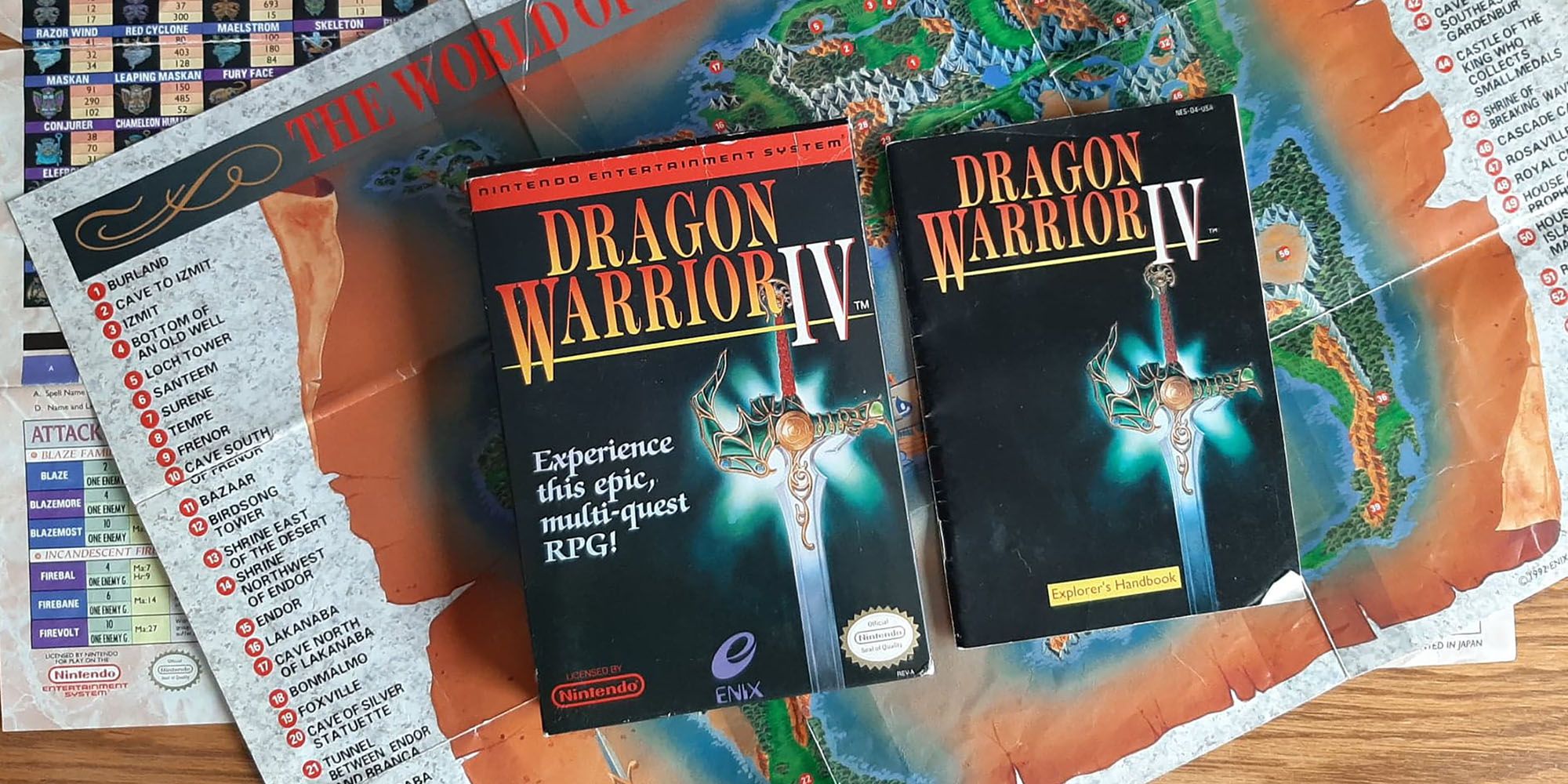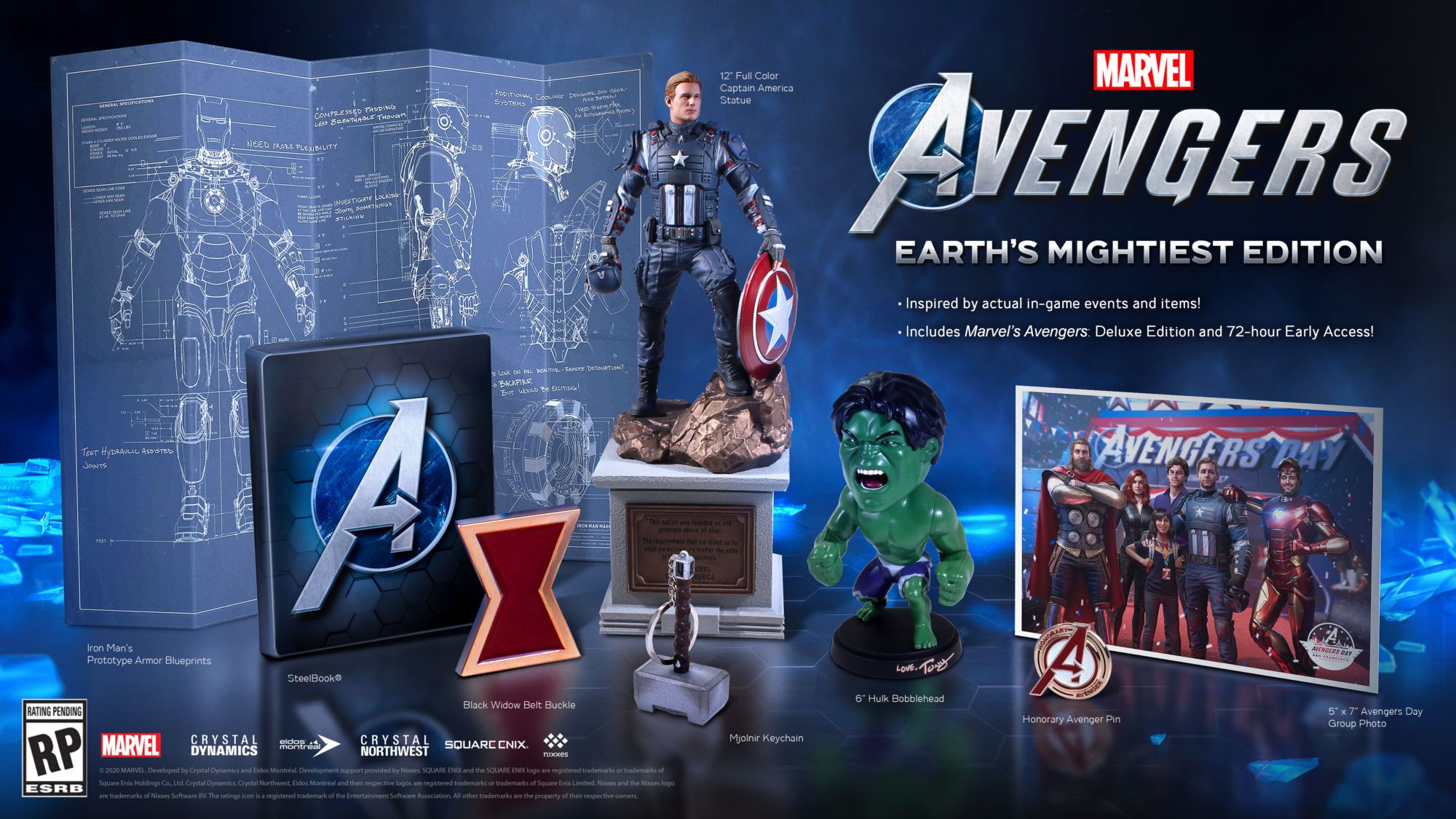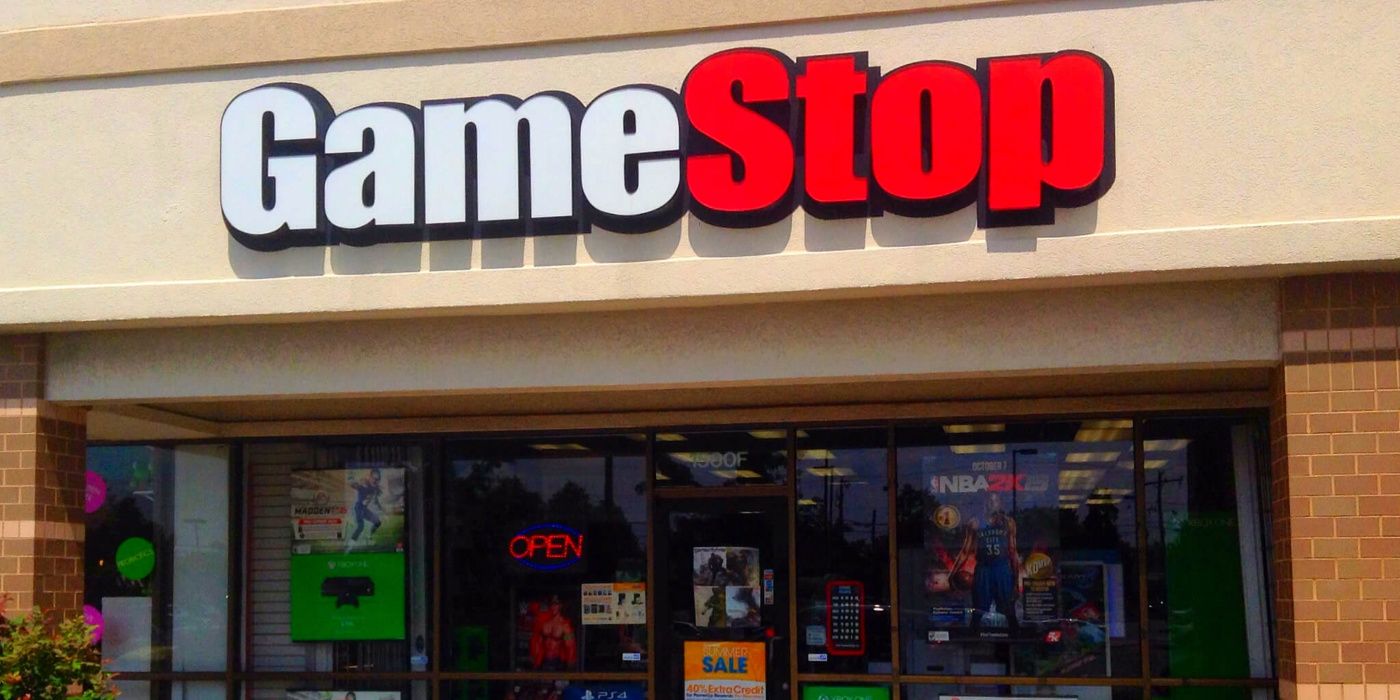In the past, video games of all kinds came with maps and instruction manuals filled with artwork and bits of story. It gave players something to do while waiting for a PC game to install or just to look at and enjoy. However, now that physical copies are less and less widespread, gamers must pay extra to get these things, if they’re even available at all. Digital distribution hasn’t just changed how games are owned, but what comes with their purchase.
Sales of physical copies of games have been declining for a while now and, because of this, gamers are getting less with their purchases. Of course, the game itself is the most important part, but having a manual with artwork and additional lore or a case gave people something to collect. Steelbook cases are the new version of retro box art but, like most extras now, are limited in quantity and often cost a bit more. The additional artwork and lore that was once part of a base video game price tag is now sold separately or as part of a collector's edition. These special editions often include a lot of content, but they also come with a hefty price tag and are in limited supply.
While major titles from AAA publishers still release physical editions, the rise of PC and indie games mean that many popular games are never released physically at all. Most indie developers don't have the cash to produce packaging, though some games like Stardew Valley and Dead Cells have received physical collector's editions after already selling well. Physical releases of indie games would be the perfect opportunity for passionate developers who enjoy sharing their work and process with the gaming community to include small art books or retro-style instruction manuals like those included in the past.
PC games, being almost exclusively digital, are in a similar situation, but there was a time when these games came in interested packaging and, occasionally, extras. American McGee’s Alice, for example, came with a booklet styled as an old diary that contained entries that added to the game’s story. Now, finding a physical copy of a PC game is rare, and most that exist are pricey special editions.
Standard digital versions of games sometimes come with their own bonuses, but these are also digital only. Deluxe versions, and sometimes pre-orders, often come with skins, add-on content or passes and occasionally images and PDF books. Pre-order bonuses for digital games are the closest to what gamers used to get with basic, physical game purchases because the extras are included with the base game price. However, these add-ons are prone to being lost since the content is intangible. If content is bound to an account and the account is lost, so is the content. These items are often connected to single-use purchaser's licenses making it so that cannot be reclaimed unless pirated or repurchased.
Specialized stores like GameStop are also seeing their sales decline as a result of digital downloads. While these stores often sell codes for digital copies, it is easier for most gamers to simply download the game for the same price from home. This decline in demand and the fact that they cost more to produce means that fewer physical games are being released and that packaging extras have gone away for most standard editions.
Packaged games aren’t entirely extinct yet though. Companies like Limited Run and Strictly Limited are dedicated to preserving games by publishing physical versions of indie titles, often with manuals and sometimes extras. They produce for all platforms and also produce special editions for collectors who want more. These companies try to emulate how games used to be packaged without adding costs for standard editions. As their names imply, however, it can be difficult to nab a copy of a particularly popular indie title. For fans of physical games, the existence of Limited Run and Strictly Limited are a great way to keep packaged games alive in the digital age.



